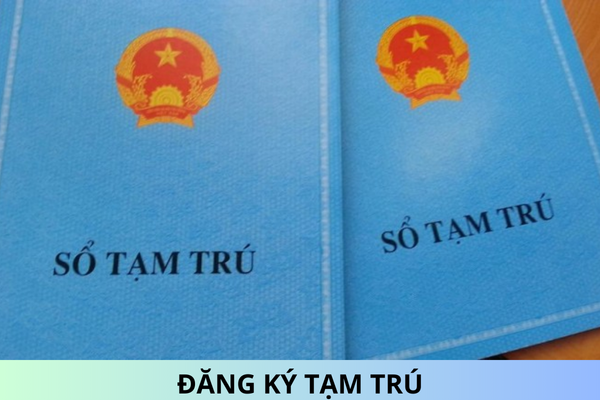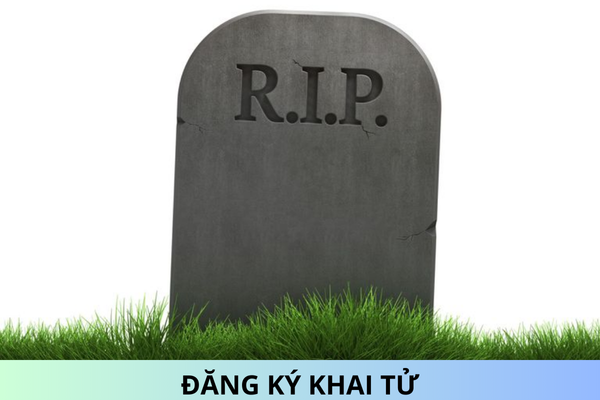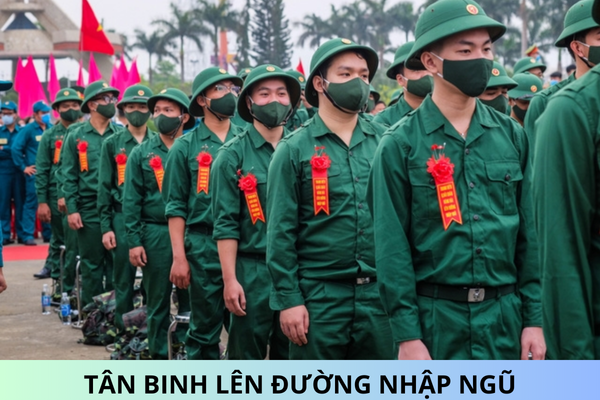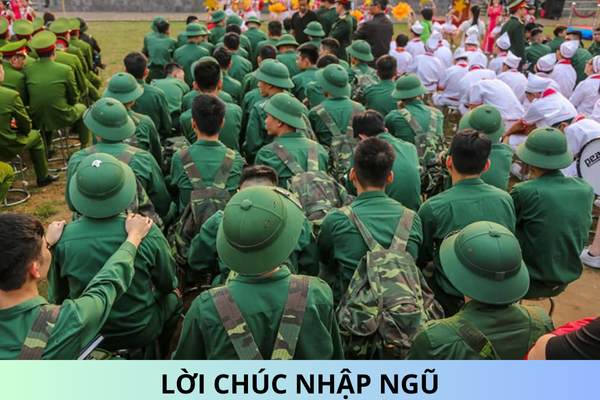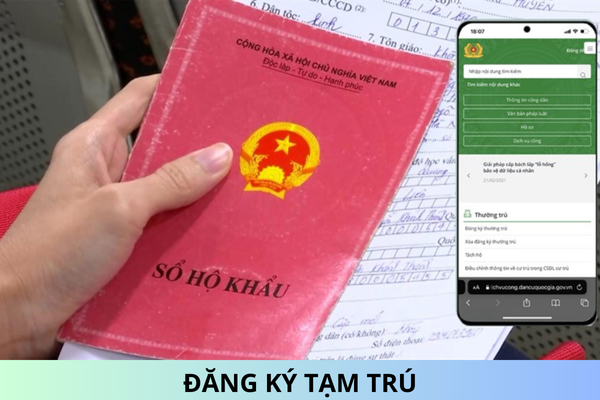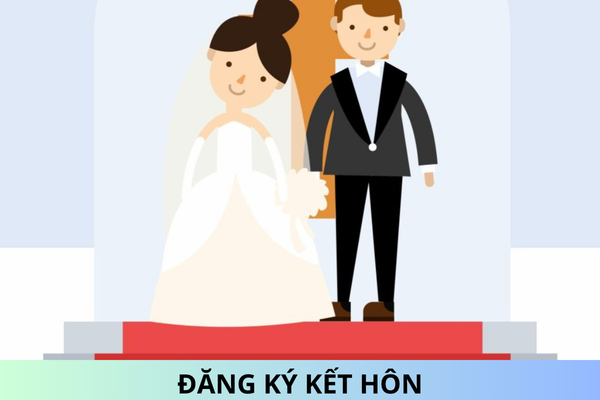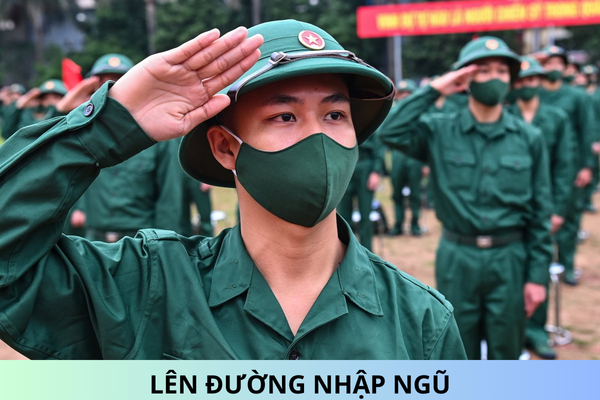What is possession according to the law in Vietnam?
While discussing with my group to prepare for a presentation, we had a debate on how to determine if someone is in possession of a property that does not belong to them, possibly because they rented or borrowed it for business purposes or other uses. However, we have not reached a definitive conclusion yet. What is possession according to the law in Vietnam? What are types of possession in Vietnam?

What is possession according to the law in Vietnam? - image from internet
Pursuant to Clause 1 Article 179 of the Labor Code in 2015:
Possession means that an entity holds and controls a property directly or indirectly as holder of rights to such property.
Possession includes possession of owners and possession of non-owners
The possession of non-owners may not be the basis for establishment of ownership, except for the cases prescribed in Articles 228, 229, 230, 231, 232, 233 and 236 of this Code. To be specific:
Article 228. Ownership rights are established with respect to abandoned objects and objects the owner of which is not able to be identified
1. An abandoned object is an object in respect of which the owner has renounced its ownership rights.
A person finding an abandoned object which is moveable property shall have the right to own such property, unless otherwise prescribed by law. If the found object is immoveable property, it shall belong to the State.
2. A person finding an object the owner of which is not able to be identified must inform or deliver the object to the people's committee or police station of the nearest commune in order that a public announcement may be made notifying the owner to reclaim the object.
The delivery of the object must be recorded, specifying the surnames, given names and addresses of the finder and the receiver and the condition, quantity and volume of the property delivered.
The people's committee or police station of commune which received the object must notify the finder of the results of their inquiries in order to determine the owner.
Where the object, the owner of which is not able to be identified, is moveable property, if the owner of the object is still not able to be identified after one year from the date of the public announcement, such property shall be under the ownership of the finder in accordance with law.
Where the object is immoveable property, if the owner is still not able to be identified after five years from the date of the public announcement, such property shall belong to the State. The finder shall be entitled to enjoy a monetary reward in accordance with law.
Article 229. Establishment of ownership rights with respect to buried or sunken objects which are found
1. A person finding an object which is buried or sunken must notify and return to the owner; if the owner is not able to be identified, he/she must inform or deliver the object to the people's committee or police station of the nearest commune or a competent authority in accordance with regulations of law.
2. Ownership rights with respect to a buried or sunken object which is found, but which has no owner or the owner of which is not able to be identified, shall be determined, after deducting search and maintenance expenses, as follows:
a) A found object which is an historic or cultural relic shall belong to the State as prescribed in Law on cultural heritage and the finder shall be entitled to enjoy a monetary reward in accordance with law.
b) A found object which is not an historic or cultural relic as prescribed in Law on cultural heritage, and which has a value equivalent up to ten-month base salary provided for by the State, shall belong to the finder; if the value of the found object is more than the equivalent of ten-month base salary provided for by the State, the finder shall be entitled to the value of ten-month base salary plus fifty (50) per cent of the remaining value of the object in excess of the ten-month base salary provided for by the State, with the remaining value belonging to the State.
...
Best regards!
